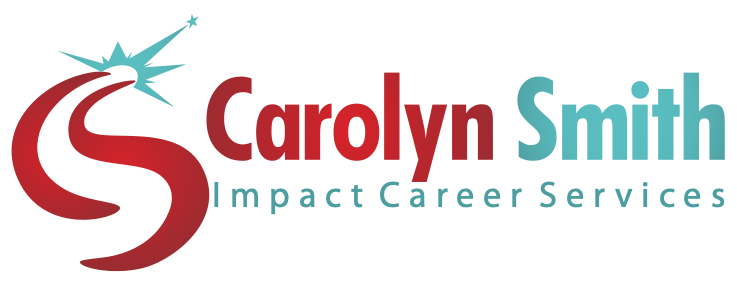 Job-hunting can be so unpredictable and a roller coaster of emotion. You see the perfect job online, spend hours and hours tailoring an application, submit your application and then hear nothing. Zilch, zero – complete utter silence, not even a thank you, but no thank you.
Job-hunting can be so unpredictable and a roller coaster of emotion. You see the perfect job online, spend hours and hours tailoring an application, submit your application and then hear nothing. Zilch, zero – complete utter silence, not even a thank you, but no thank you.
You pick yourself up and apply for another job. Same story!
You apply for about 20 jobs and you finally get an interview. Your heart is racing with excitement, as the job sounds so wonderful, with a potential for a pay rise. You get to interview, all goes well and then the despair, when you get the dreaded rejection letter.
At this stage, with a wounded soul, you back of a little and start questioning your ability. Naysayers tell you how hard it is and you decide to keep safe and secure in your current job (after all the job you are in, is not that bad right?), or start applying for jobs that you are over qualified for (you need to put bread on the table).
STOP and take a deep breath!
Job-hunting can be one of the most stressful experiences, in particular if you are in a situation in which you have to get a job, or your current job is untenable. But you can keep sane during the process and you need faith that everything is going to be OK.
Keep job hunting in perspective
Rejection is what happens to almost EVERYONE in the job search process. You can either take it personally, or remember that even the most famous amongst us were rejected and not only survived, but thrived.
The reality for the modern jobseekers is that more than 90% of jobseekers are just using job boards to find their next job.
Well, job boards are ineffective for almost everyone that is using them. You see, job boards are ineffective because they are popular (phenomenal competition), the gatekeeper is in charge (the HR bouncer), resumes get scanned and don’t even get read by a human eye and companies use job boards to update their databases and talent pools, rather than doing any recruitment for a specific and current job. So if you don’t succeed, welcome to the reality for ALL jobseekers using job boards, because their success rate is as low as 2-4%.
What this means to you, is don’t waste hours job surfing the job boards and don’t think there is something wrong with you, or your qualifications – there isn’t!
Get a can-do attitude
Before you get started down this journey, it is important to embrace these two key facts about the job-search process:
- It is rarely the best qualified who will win the position.
- Rejection is a fact of life and rejection may happen not just once, but sometimes dozens, if not hundreds of times.
What this means, is you know from the start that you need to build resilience!
‘If Christopher Columbus had turned back, no one would have blamed him. Of course, no one would have remembered him either.’ – Unknown author
To built resilience, you need to:
Reduce expectations: Having high expectations leads to disappointment. In order to manage any job-search process with our self-esteem intact, we need to ensure that we don’t attach any expectations to it. The reality is that our expectations during the job-search process emanate from our fears, fear of not getting what we want and fear of losing what we have.
That is not to say that you should not have goals and aspirations. What I’m saying is that, if you manage your expectations, you will significantly reduce disappointment and this in turn will help to keep your self-esteem intact.
Focus on your accomplishments and successes: We are so prone to focus on that rejection letter, rather than focusing on everything we have achieved in life. Focusing on what you achieved and being grateful for what you achieved and have in your life, will help keep everything in focus.
Change your job search strategies
‘Insanity: doing the same thing over and over again and expecting different results’. Albert Einstein
If you are currently not making progress, then you need to change and learn new job search strategies. It is madness to continue to just use job boards if you are not succeeding, or writing endless government applications and continue to not secure interviews. Learn to:
- Adapt your resume, so it can get past scanners and HR gatekeepers.
- Write effective government applications.
- Learn new job search tactics such as networking and tapping into the hidden job market.
- Improve your LinkedIn profile and use LinkedIn effectively.
These are just a few new ways in which you can improve on and change, which could lead to success.

Leave a Reply